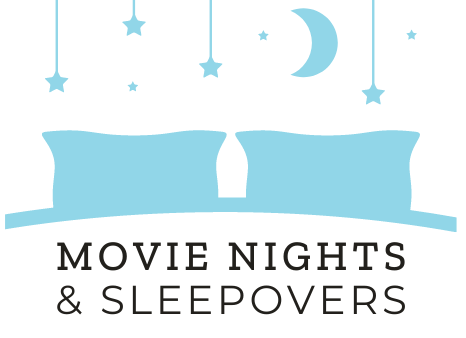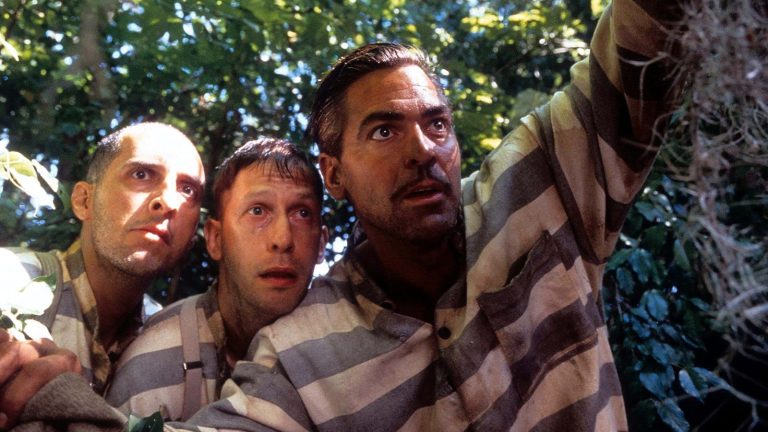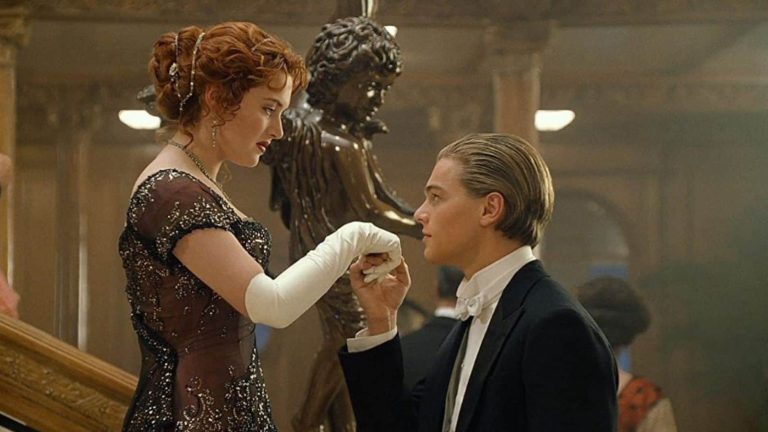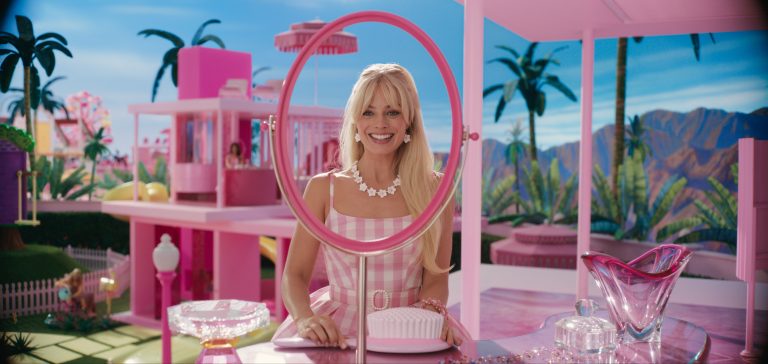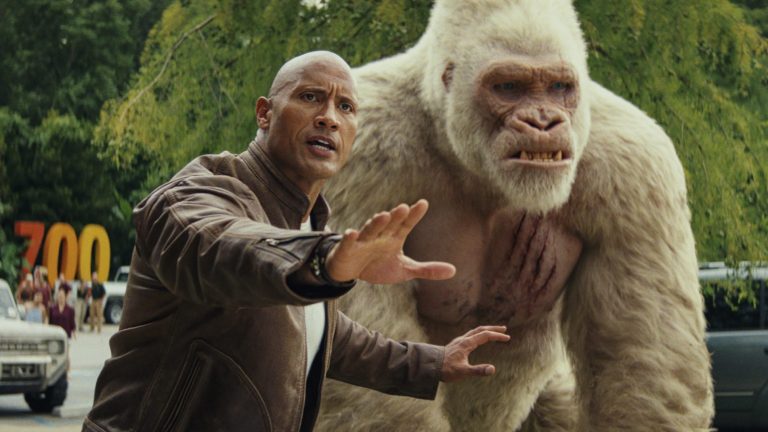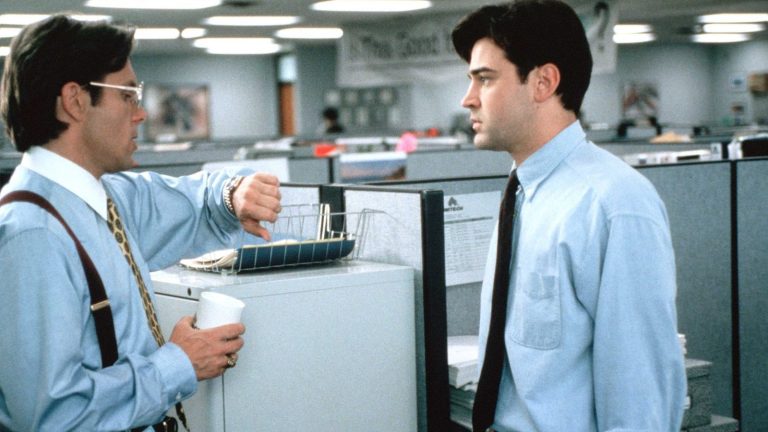21 Overdone Movie Tropes That Should Be Laid To Rest

Media outlets tend to recycle ideas. If something gets attention in a popular TV show or movie, you can expect that to be this summer’s hot new trend. While this is sometimes a good thing, it can be frustrating for viewers who have seen the same gag time and time again.
After searching through reviews and message boards; and by analyzing likes, dislikes, and repeat comments, we have gathered a consensus on the most overused tropes people are tired of seeing. The answers range from annoying comedy trends to downright harmful gender characterizations, and it’s time we put these media tropes to bed.
1. People Ripping IVs Out of Their Arms

In nearly every action movie, there is a scene in which the protagonist, usually a man, rips their IV out to continue their search for the bad guy. There are a few problems with this. First, it would cause an infection risk to the patient. Two, whatever fluids are in the IV are likely needed.
If you have just received several gunshot wounds, your chance of infection is sky-high, and you require medical attention. Yanking out the IV and running after the bad guy is all well and good until you are immobilized by the infection you unwittingly gave yourself.
2. Sliding Down the Wall While Crying

A truly devastating piece of news can cause you to lose muscle control. However, this trope is so overdone it seems like every young adult drama features a young woman sliding down a wall. It’s ok to be upset that Johnny is taking Martha to the prom instead of you. But if your reaction is to lose control of your limbs, you may need to see a therapist.
3. Characters Waking up in Full Makeup

We have all seen movies where the protagonist, usually a woman, wakes up in full makeup with salon-quality hair. Unfortunately, most people wake up looking like they just survived some apocalyptic event.
On that note, movies often depict characters in post-apocalyptic film characters with fantastic skin and perfect hair. At the very least, some people should have chapped lips from dehydration or something.
4. Characters Cutting Their Hair To Show Emotional Change
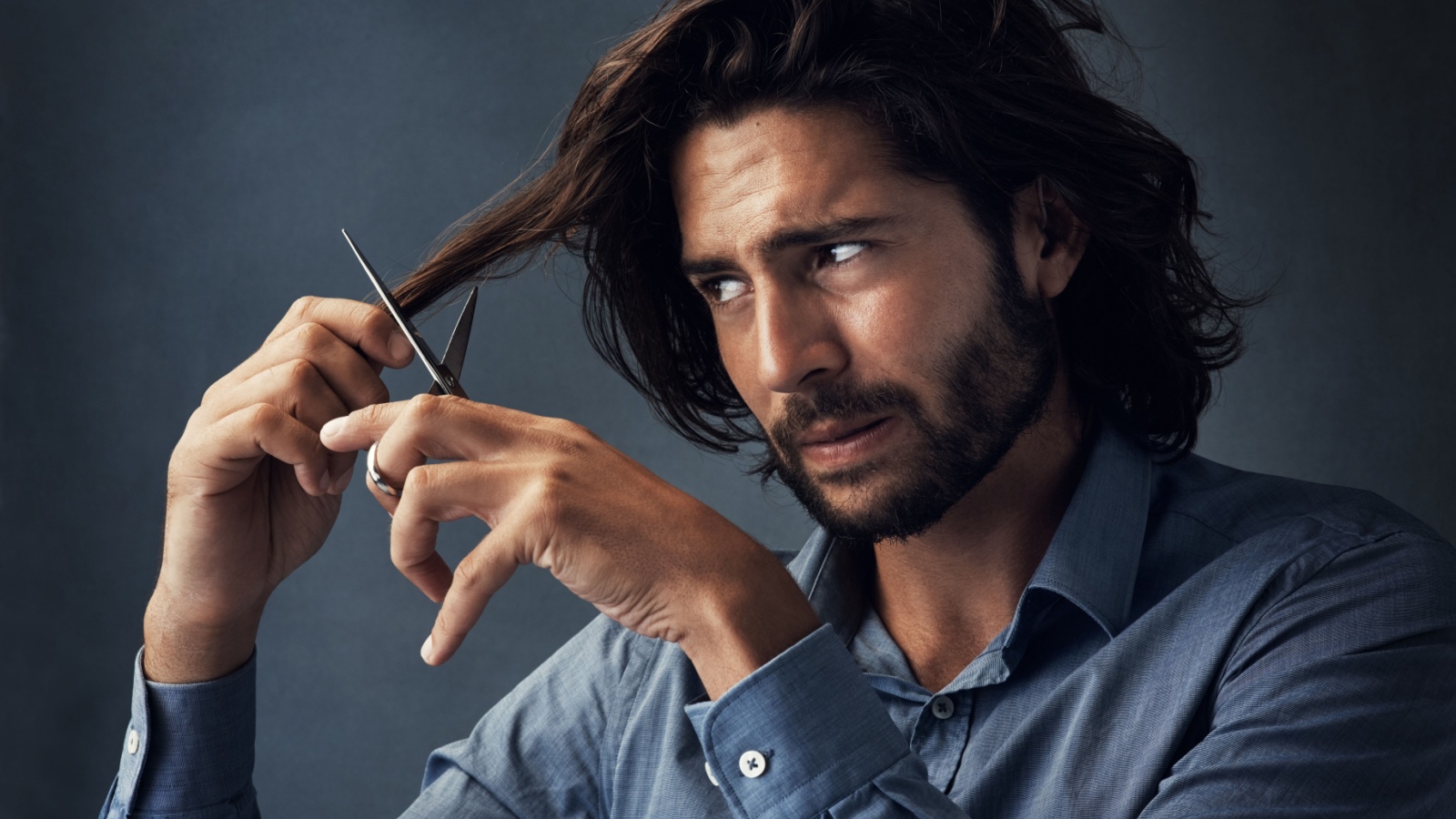
While not aligning yourself with the male or female gaze can be empowering, many pieces of media miss the mark when it comes to dramatic hair changes. Instead of solid self-reflection and a conscious decision, audiences witness characters rapidly cutting off their hair randomly to signify some sort of emotional change.
When a female character does this, it usually signifies some sort of rage or hardening of the character. Conversely, if a male character cuts their long hair, it represents them becoming more dignified or refined.
Follow us on MSN to see more of our exclusive entertainment content.
5. Characters Stacking Their Heads Over Each Other in a Doorway

Luckily, this trope is nearly dead. A carryover from a bygone era, sitcoms would use this trope for a quick laugh. All huddled at the door, two or more characters would poke their heads one on top of another to show that they all want to speak simultaneously. While it may have been funny when it first happened, this trope was overused to the point of annoyance. To be fair, it’s faded out enough that now when it’s used, it usually merits a good laugh.
6. Showering or Washing Their Face Because of Emotional Distress

Emotional stress is no joke, and a hot shower usually does help relax you, besides the fact that it’s a good place to cry and vent. However, media outlets often show people engaging in emotional bathing at the drop of a hat. This diminishes how dramatic this action actually is and makes it seem like a common occurrence. Realistic? Sure. Overdone? Absolutely.
7. Leaning Down To Reveal the Ghost in the Mirror

Horror movies often rely on tropes to their own detriment. Jump scares are an easy way to get audiences worked up in a quick and effective way. However, some of these jump scares are overused and have become predictable.
None more so than the ghost-is-right-behind-you trope. As our protagonist moves to the side, the audience gets a glimpse of the ghost or demon that is haunting them. While it may work on newcomers, anyone who has seen more than a few horror films knows to look out for this overused trope.
Follow us on MSN to see more of our exclusive entertainment content.
8. Saying “Knock Knock” Instead of Actually Knocking
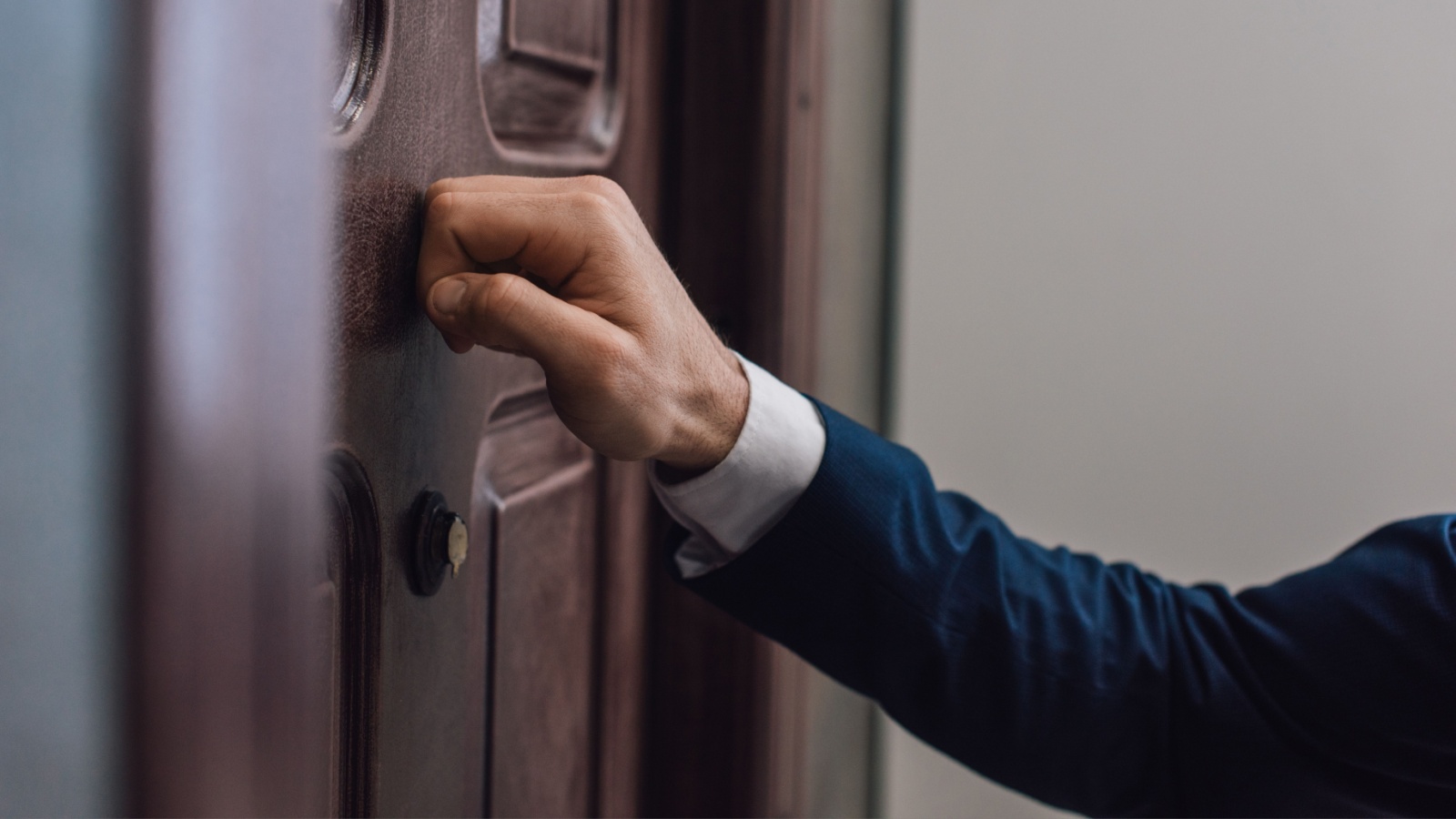
Quirky characters can be a hard thing to balance. Kramer worked in Seinfeld because audiences never knew what to expect from the character. But like most things on the list, this trait was quickly played out.
Saying “Knock knock” instead of actually knocking is cute the first time it happens. However, after the 50th sitcom does this with its quirky character, it starts to get old.
9. The Protagonist Dates the First Person of the Opposite Sex They See

Almost every genre is guilty of this lazy trope. Our protagonist is in a male/female dominated field and only has same sex friends for some reason. So, the first time they see a person of the opposite sex, they become instantly infatuated with that person.
In this scenario, it makes sense that they would do that. However, that person should probably spend time mingling with the opposite sex instead of defaulting to the first person they see. It is doubtful that this dating style would lead to a successful long term relationship.
10. Busted Escape Cars
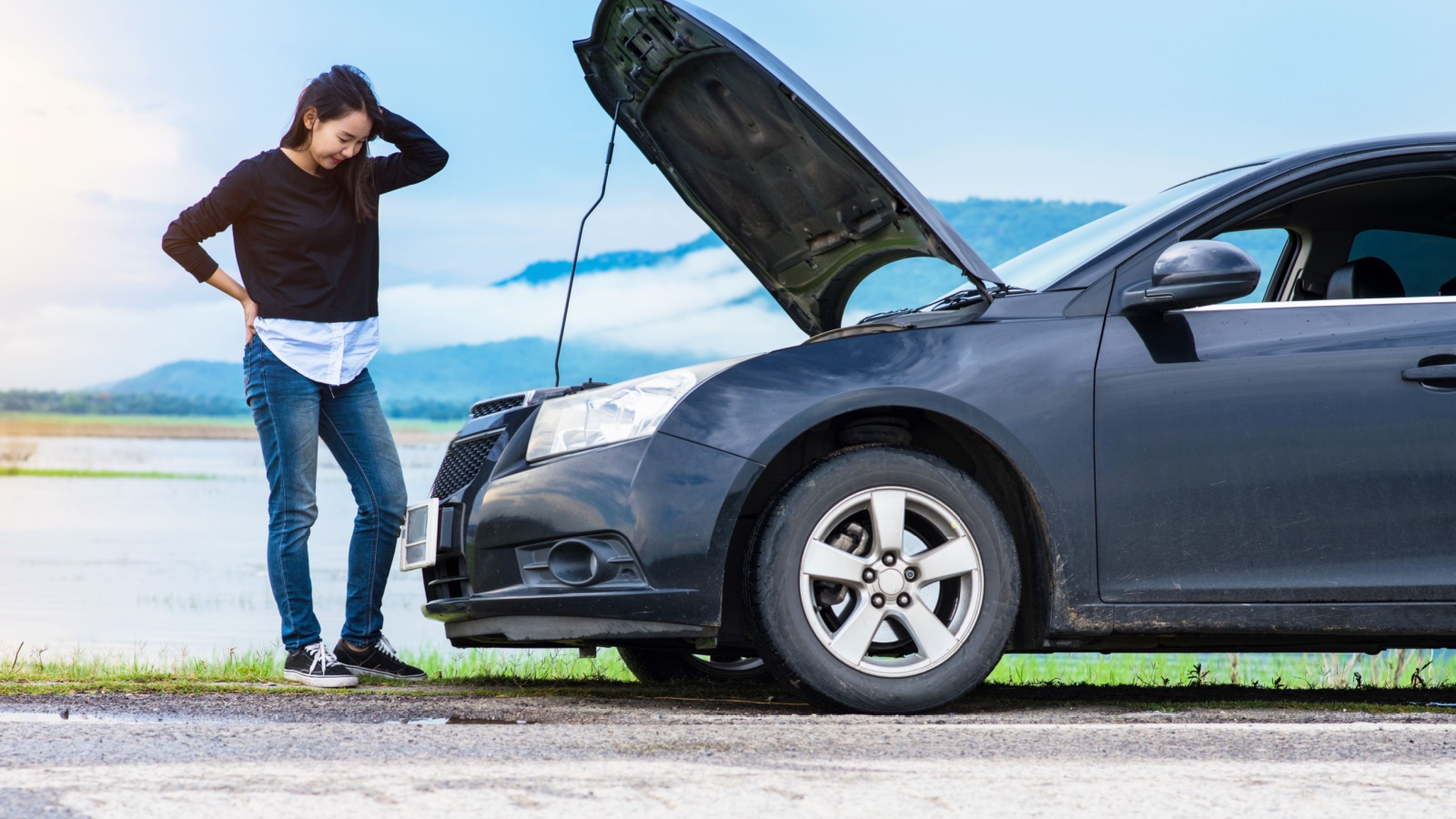
Whenever someone really needs their car to work, it mysteriously breaks down. This happens pretty frequently in drama and horror films. The group of camp counselors crossed three states in their old VW van, but when the killer with the big ax was chasing them, the van refused to start.
This trope can be done well if the script includes some sort of explanation for this outcome. Unfortunately, many movies don’t consider any rational reason for the vehicle’s failure. That kind of poor planning turns what could be an exciting plot point into a lazy cliché.
Follow us on MSN to see more of our exclusive entertainment content.
11. The Villain Explains the Entire Plot to the Hero

People have been making fun of this trope for years, but that hasn’t stopped studios from continuing to use it. Our hero is bound to a table with lasers slowly approaching his body, but the villain takes his own sweet time to explain his dastardly plan. You know, so that the hero not only knows he failed, but how he failed.
Writers use this trope to better explain the plot to the audience, and usually to give the rescue party or police time to show up. However, when writing a story, the old adage is ‘show, don’t tell.” Don’t give the audience a ten-minute monologue about what’s happening because you forgot to allude to it earlier in the story.
12. Being Knocked out With No Long Term Damage

There is no safe way to knock a person out. When our hero gets hit in the head with a bat and passes out in a movie, he wakes up a little groggy but more or less fine sometime later. In reality, the hero would likely wake up with a severe concussion that requires medical attention or not wake up at all.
Chemical agents like chloroform have their dangers as well. While chloroform is an anesthetic, it would take several minutes of constant breathing to knock out a person. Not to mention, if you manage to get the dose wrong, it can lead to respiratory failure and death.
13. When Death Has No Consequence
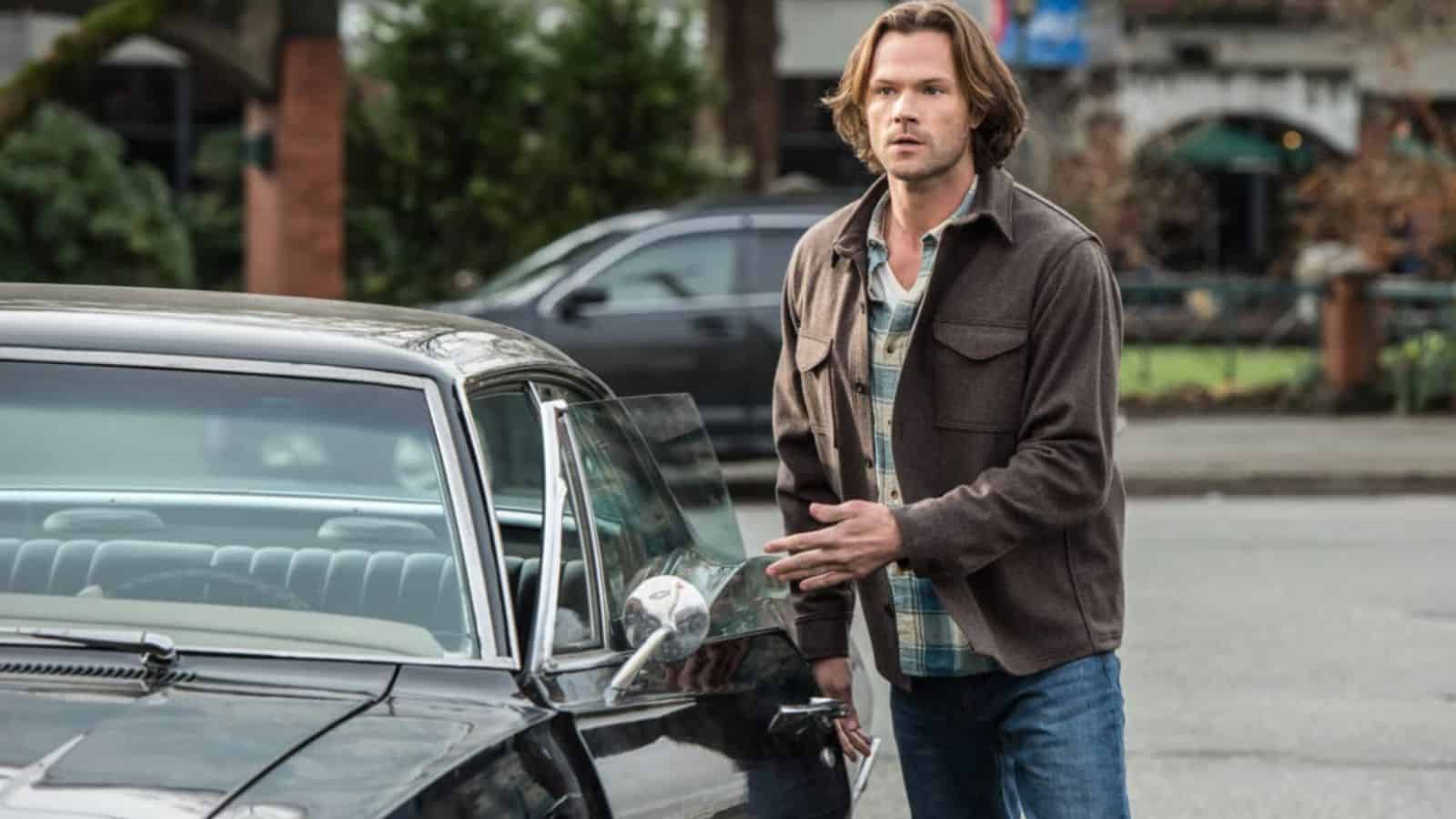
Some fantasies like to dangle life or death situations over their audience to get their hearts racing. While this is a fantastic method for creating suspense in a program, if the character’s death doesn’t affect the story, it doesn’t really mean anything. A good example is the “red shirts” in Star Trek shows and movies; or as one parody radio show called them, “Expendable Crewmen.” In cases like those, we all know the main character isn’t going to die, but somebody who doesn’t matter the story probably will.
The worst abuser of this trope is definitely Supernatural. Each season, audiences get to witness one of the brothers die before they are brought back the following season. This act diminishes the impact each time it happens. However, Supernatural was at least aware of what they were doing and tried to make it an enjoyable experience for their viewers.
Follow us on MSN to see more of our exclusive entertainment content.
14. Plot Armor
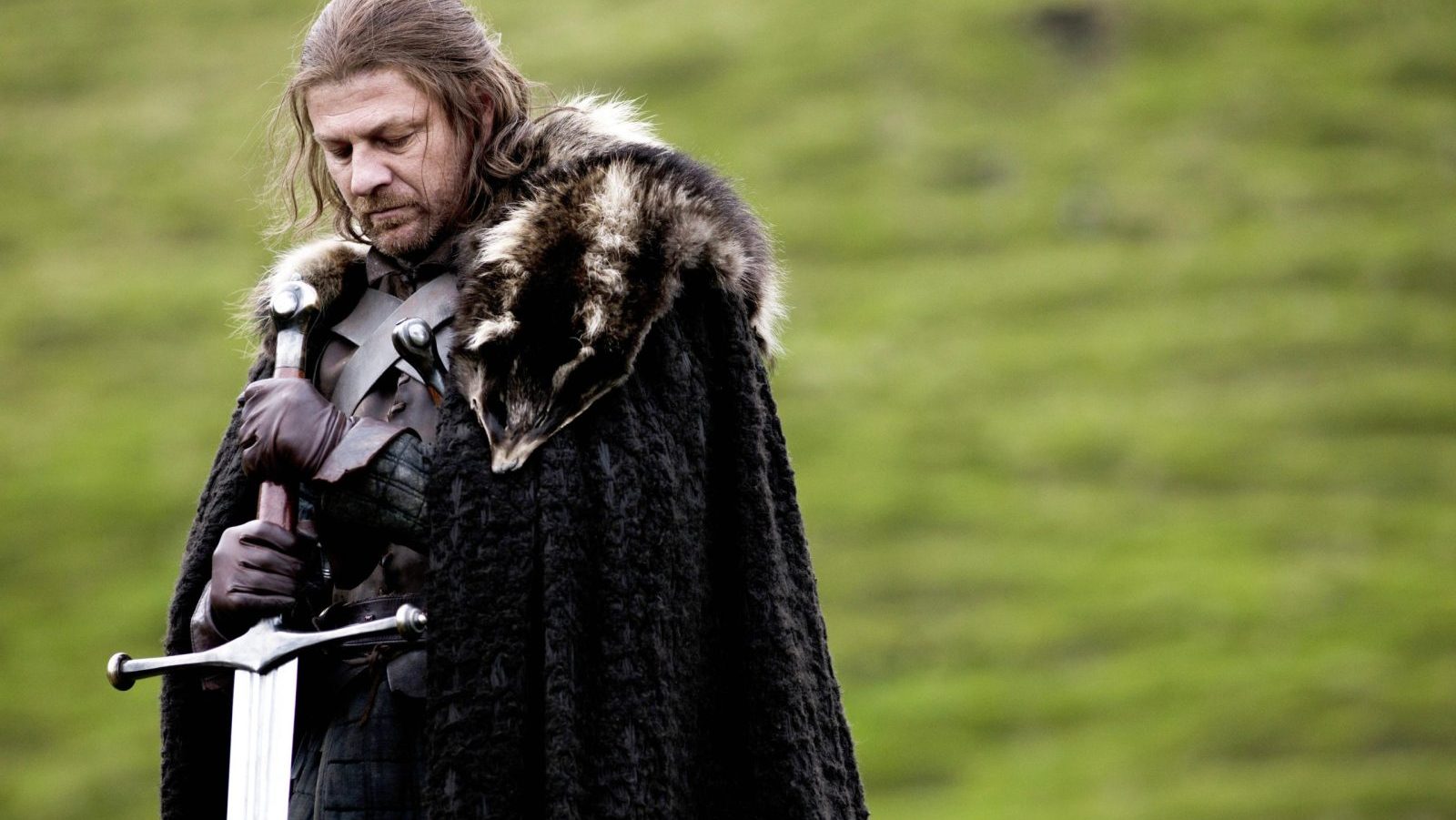
On the opposite end of the spectrum, plot armor is one of the worst tropes in modern media. Suppose the superhero is facing off against the villain in the first fifteen minutes of the movie. In that case, the audience knows he is in no real danger.
One of the reasons Game of Thrones became so popular is because it had the audacity to kill off a main character at the end of its first season. Audiences had become so used to the plot armor trope that they were genuinely surprised to see a pivotal character killed off.
15. Hyper Intelligent Character Has No Social Skills
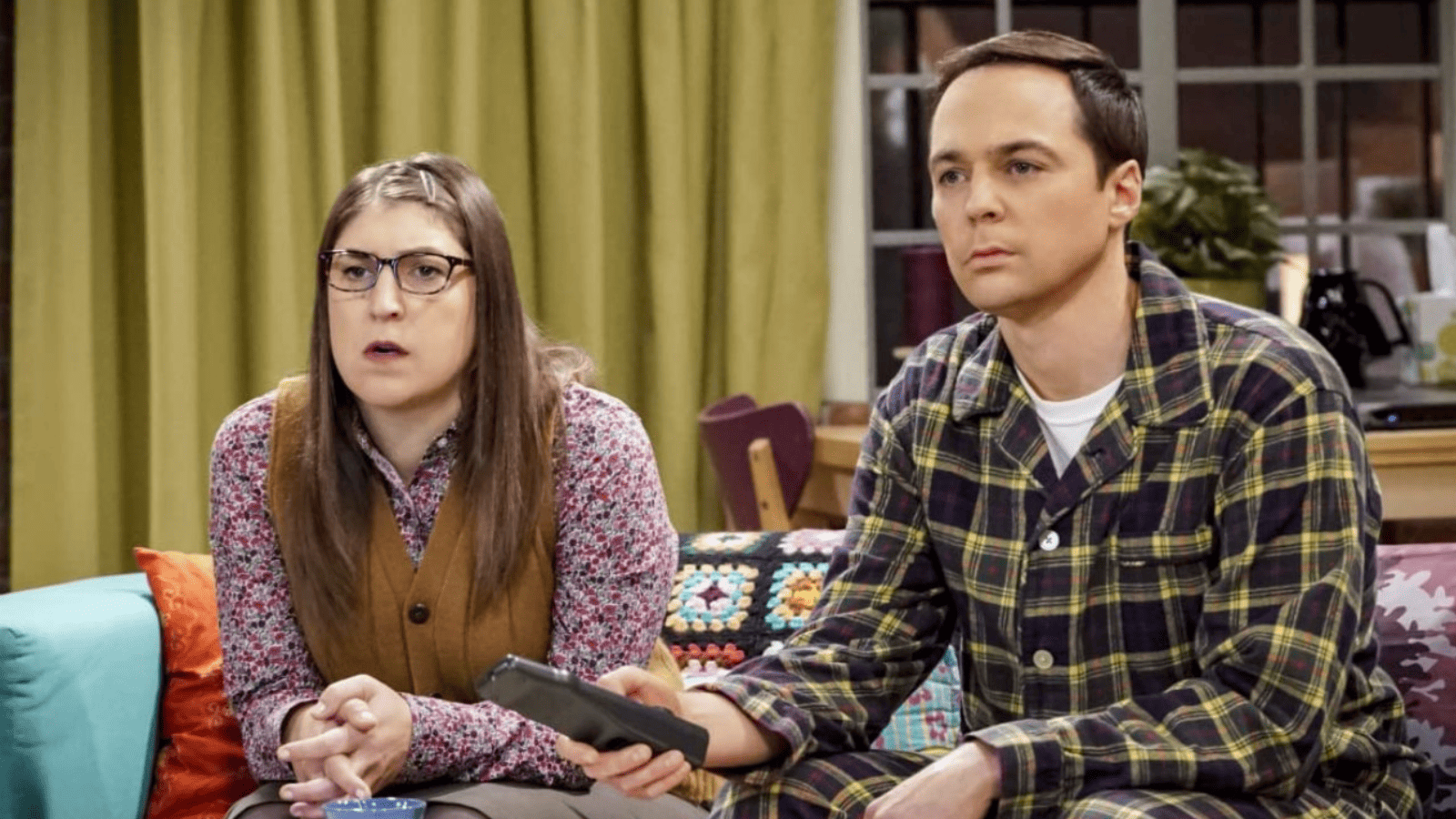
If a crime detective TV show has a super bright IT guy in the back, you can almost guarantee he will be either incredibly rude or paralyzingly shy. Shows such as The Big Bang Theory and House elevate this trope even higher by giving these characteristics to their main characters.
This trope tends to symbolize one of two things. The first option is for the character to be too intelligent to care about silly things like social etiquette. The other option is some form of autism that gives the character a high IQ but an inability to socialize. Neither option represents a realistic person and both of these have been done to death.
16. Flanderization
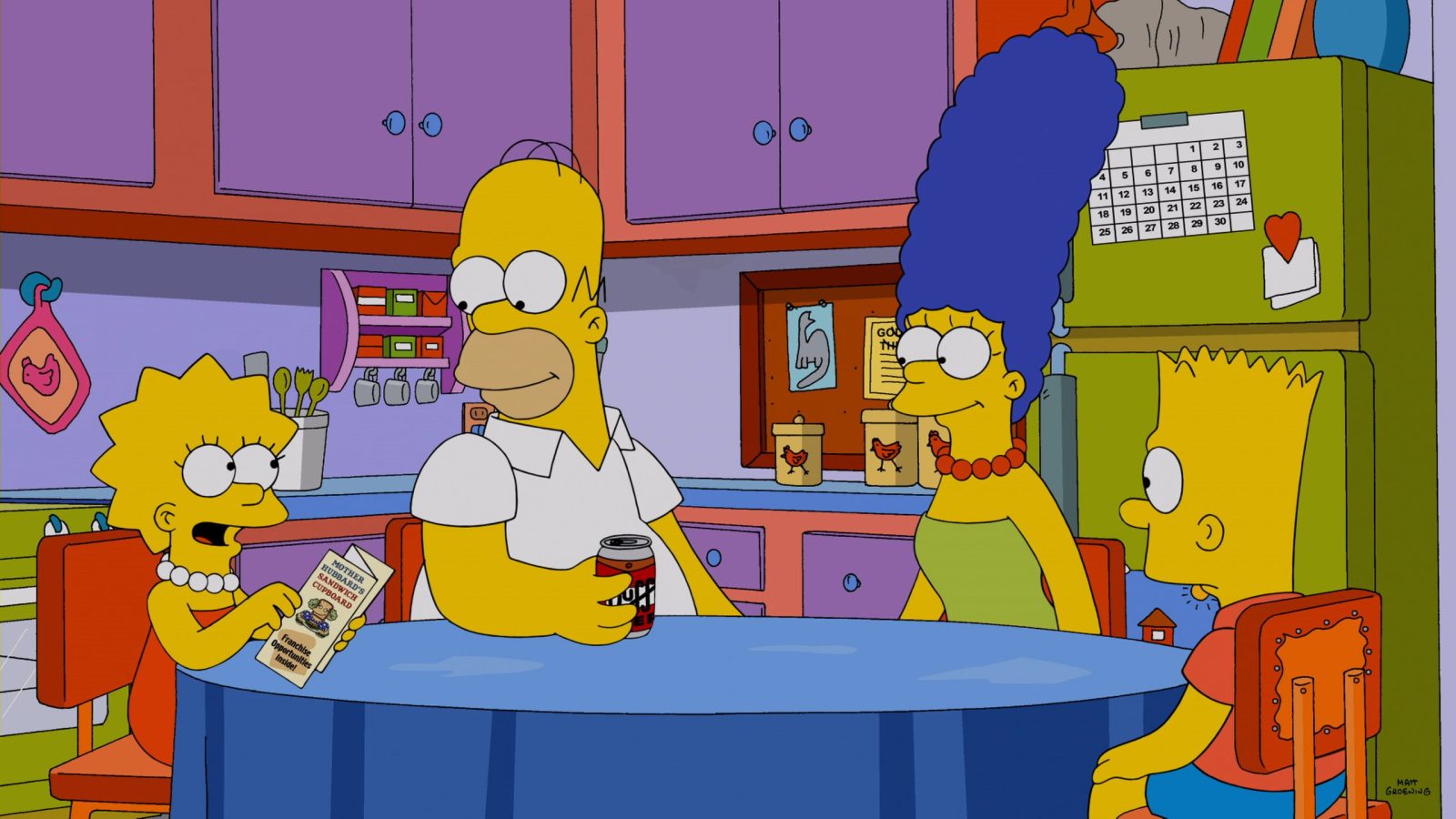
For those unaware, Flanderization is a process in which a character’s personality traits become exaggerated over time. Flanders is a lovable, hyper-religious character in The Simpsons. However, when the show started, his religious beliefs were a very minor part of his personality.
This tends to happen in sitcoms. It can be seen in shows like It’s Always Sunny in Philadelphia, where Dennis Reynolds goes from slightly narcissistic to full-on sociopath. Writers want to embellish character traits that audiences enjoy, but sometimes, they can go too far and turn them into one-dimensional shells of their former selves.
Follow us on MSN to see more of our exclusive entertainment content.
17. Laugh Tracks
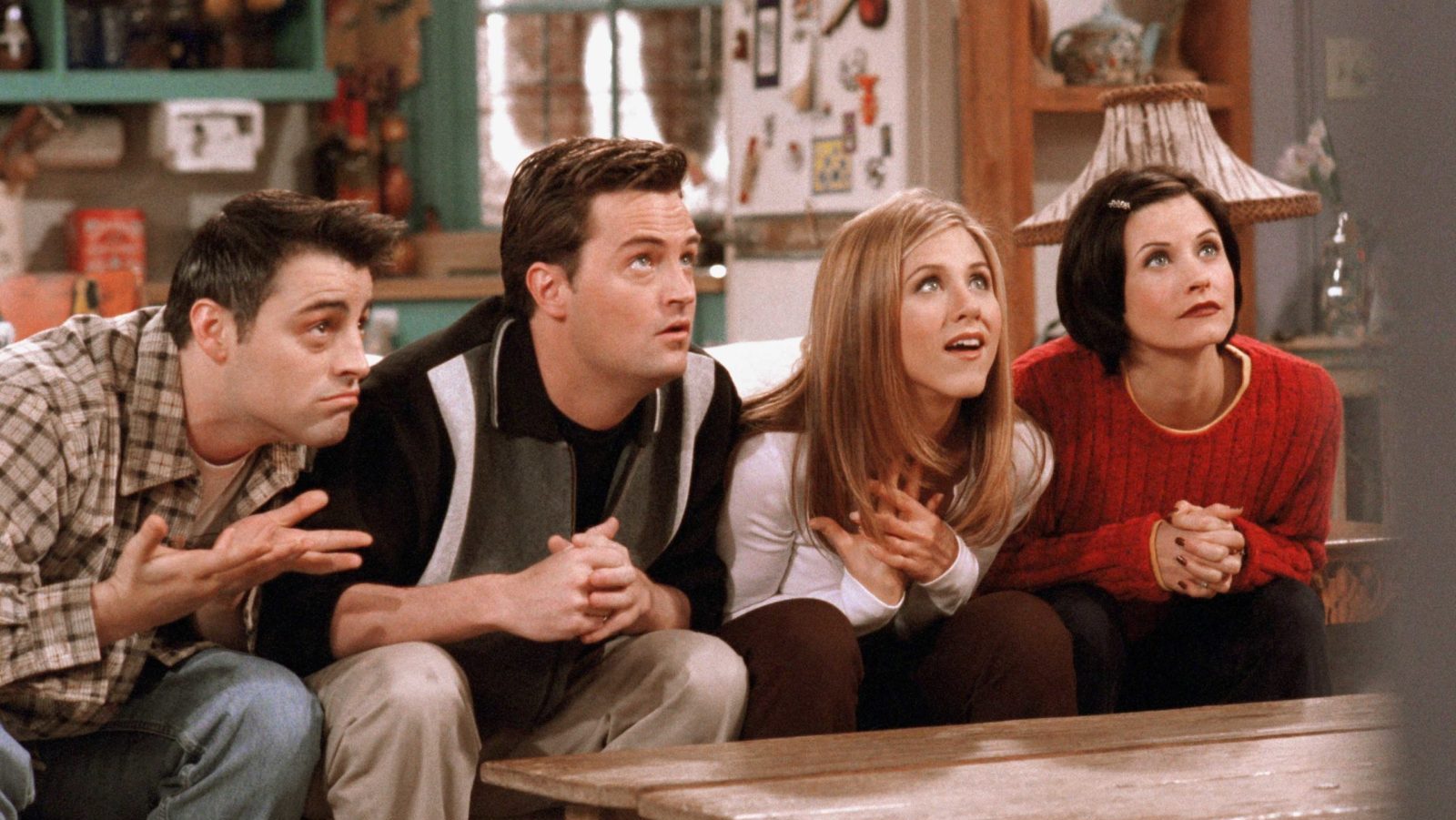
Laugh tracks are signal cues to tell an audience when something is funny. However, they can trick an audience into thinking something is funny when it is not. We are social creatures, so hearing laughter makes us want to laugh.
People recently realized this when content creators began removing laugh tracks from shows like Friends and uploading them online. With no audio cues to make them laugh, people realized they were being duped by a recording.
18. Opposites Attract
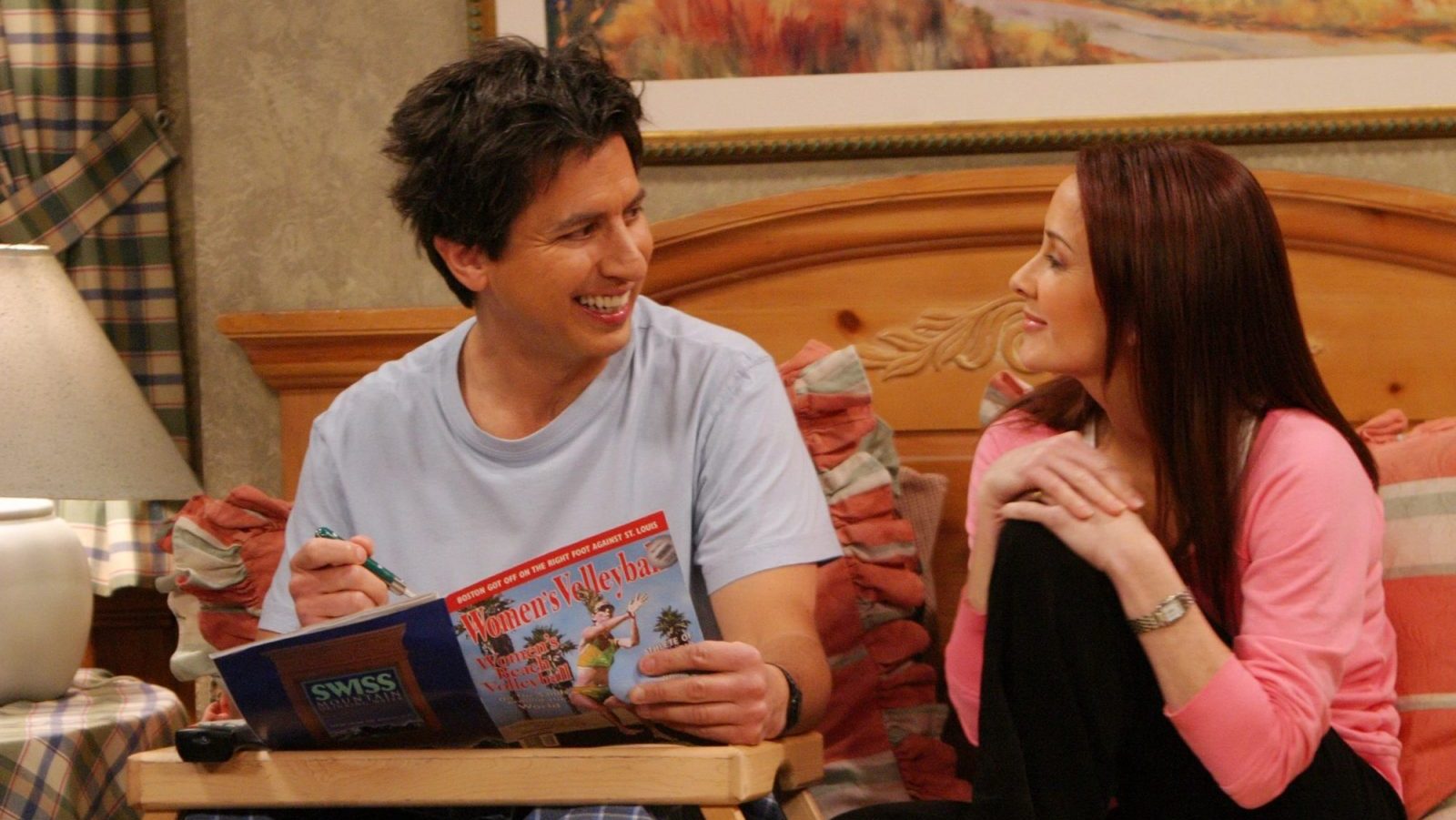
If there is a no-nonsense police chief, you can almost guarantee they are married to someone gentle and kind. This trope can be found in all sorts of romantic comedies and sitcoms. Shows like The King of Queens and Everybody Loves Raymond exploit this by pairing up the lovable oaf with the serious wife.
While it makes for good entertainment, people tend to date people who are similar to themselves, at least in a few ways. If you are calm and relaxed, the last thing you want is someone who flies off the handle every ten minutes.
19. Manic, Pixie Dream Girl

A manic pixie dream girl exists only to support a male character. She is usually fun and energetic, has no story of her own, and shows up to help a male protagonist. The biggest problem with this trope is that it can lead to young men having unrealistic standards for friendships and relationships with the opposite sex. It also teaches young women to put male needs above their own and always appear chipper and ready to help.
Follow us on MSN to see more of our exclusive entertainment content.
20. Jumping the Shark
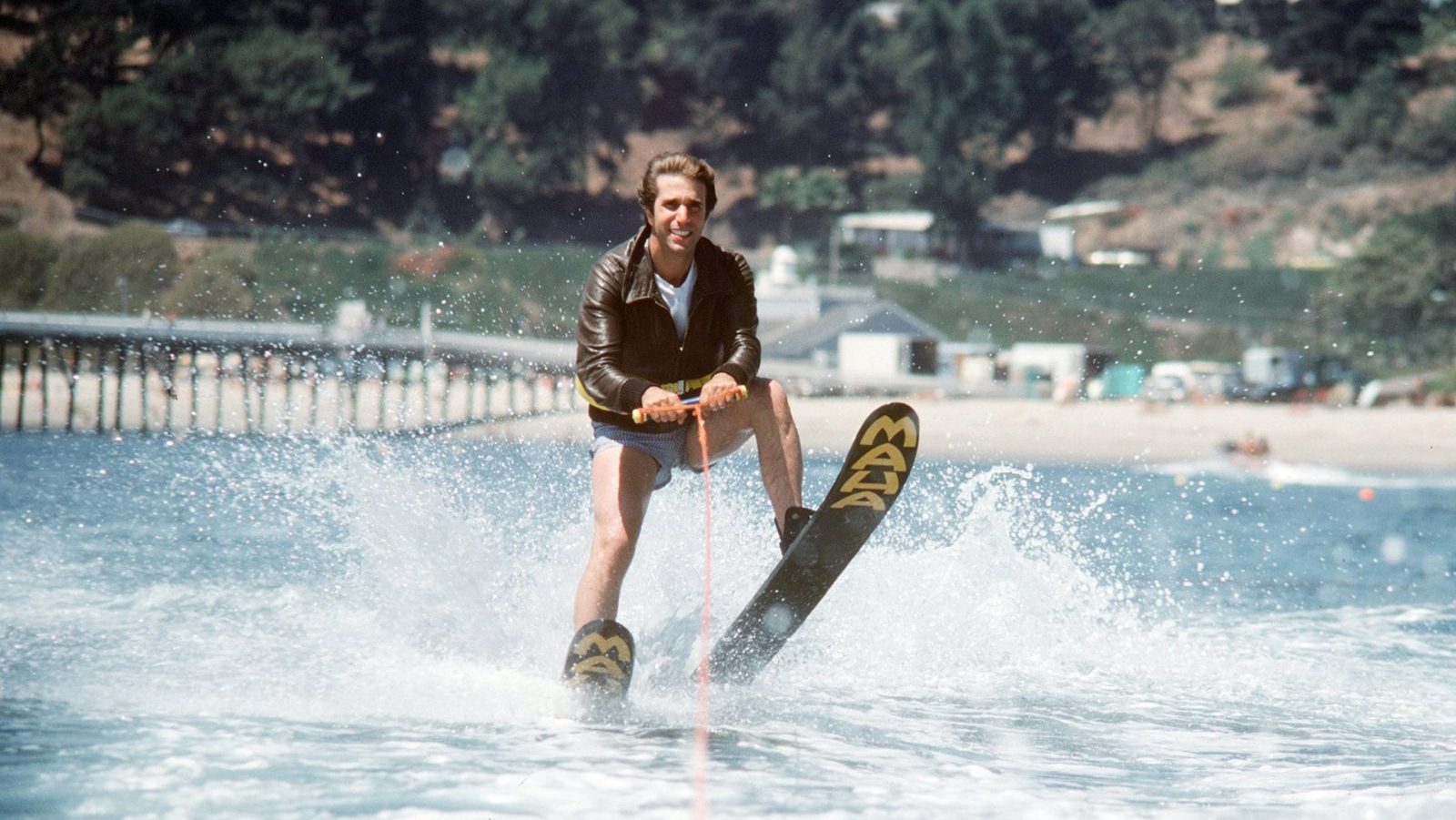
This term comes to us from the show Happy Days. As the series ran out of ideas, it had an episode where Fonzie jumped over a shark while water skiing. Since then, the term Jumping the Shark has come to symbolize when a series continues after it should have ended.
Many shows are guilty of this crime. Wanting to scrape a bit more money from a program, a studio will continue to run seasons long after it should have ended. This practice diminishes amazing shows and puts a sour taste in the mouths of their viewers.
21. The Chosen One
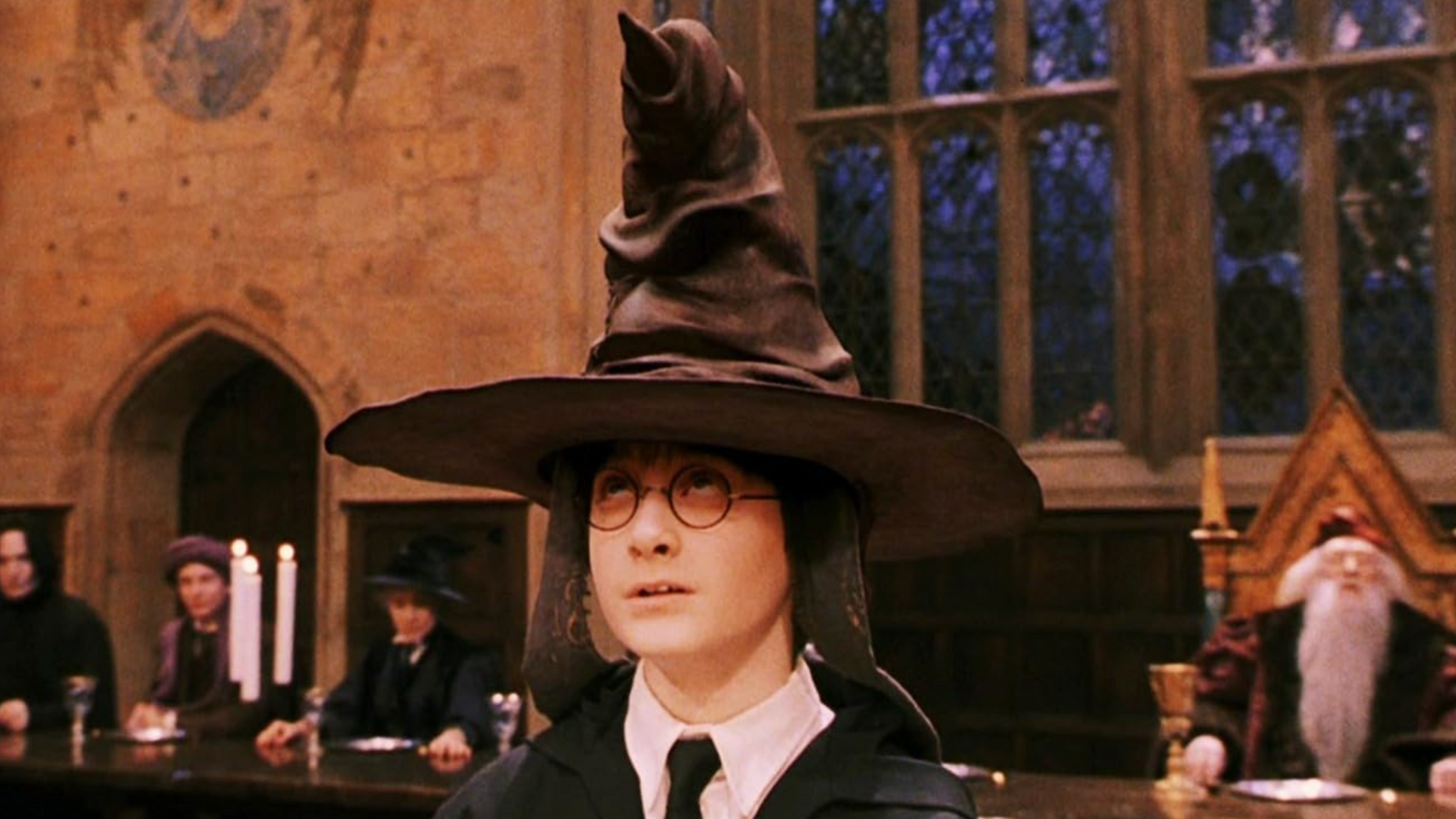
This trope is most commonly found plaguing young adult content. One day, our ordinary teen discovers that they are the one prophesied to change the world, or some equivalent life-changing event.
While this provides a great source of escapism for teenagers who feel they have no power in their lives, it also presents the idea that change doesn’t require hard work or sacrifice. There’s no reason to improve ourselves if finding a sword in a lake will suddenly make us an all-powerful monarch.
Follow us on MSN to see more of our exclusive entertainment content.
25 Big Movies With Production Nightmares Most People Don’t Know About

Several big movies with significant nightmare productions have some seriously delicious tea. After a recent poll on the internet, here are twenty-five films with disasters that made filming difficult.
25 Big Movies With Production Nightmares Most People Don’t Know About
10 Terrible Movies That Everyone Seems To Love

There is no shortage of stupid movies; more are added to the library yearly. However, despite being ridiculous to some, others genuinely love these films. After asking for examples of the movies in question, these are the top-voted responses.
